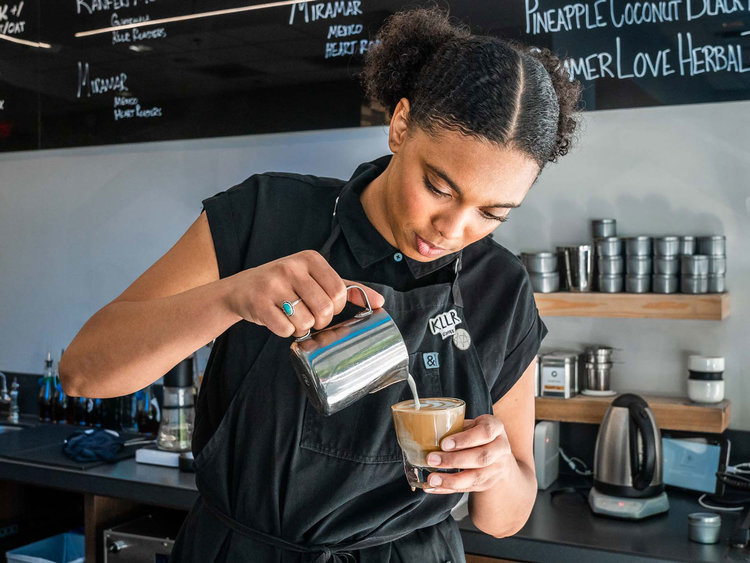By Namon Freeman
- Black unemployment is 3x higher than the national rate of 3.6%
- 21% of black young adults have low-quality jobs
U.S. unemployment is at an all-time low and the economy is churning, right? Not so fast, Black America isn’t quite feeling the effects of full-employment. Particularly in majority-black metro areas where the average black unemployment rate is 12%, almost 7% higher than local white unemployment rates.

Why This Matters: Experts continue to warn of an impending recession as black homeownership dwindles now at 41%, worsening unemployment could mean further damage to the state of black wealth. Historic disparities for African Americans in terms of accumulated wealth, debt, and household income were only exacerbated during the great recession. Limited liquidity left many lower and middle-class households unable to invest during a time of unprecedented growth in the decade following, where major indices like the DOW, S&P and NASDAQ all returned 14.8%, 14.5 and 18.5% respectively.
Experts continue to warn of an impending recession as black homeownership dwindles now at 41%
Relatively high under-employment and unemployment over the past decade has meant that many black households were unable to fully participate in the economic recovery. According to the Brookings Institute, 21% of black young adults have low-quality jobs compared to 13% of whites, but that gap is due mostly to disparities in training and education.
Prime assets in traditionally African American neighborhoods and cities are instead being purchased by eager investors, flippers and new residents. Policies like opportunity zones could potentially bring billions in investment, but the likelihood of those benefits trickling down to black businesses or employees is grim.
Situational Awareness: The global economy is changing and African Americans need to prepare for the future of work rather than trying to realize an American dream that may no longer exist. The commodification of housing over the past two decades has made traditional homeownership less accessible than ever. Growth in sectors that prioritize mobility and flexibility aren’t helping either. Perhaps focusing on employment and incomes rather than homeownership could do more to address systemic economic inequality.
CBx Vibe: “Workin’ me” Quavo









